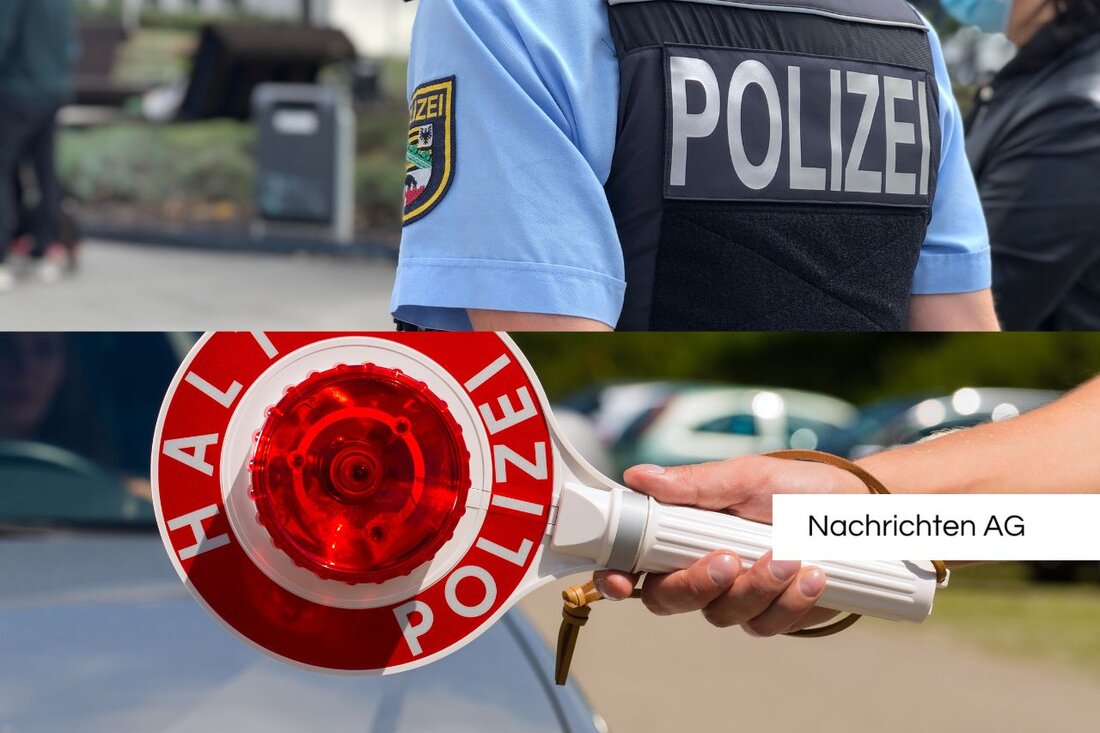Eklat in the National Council: FPÖ politician ignites debate about integration!
Eklat in the National Council: FPÖ politician ignites debate about integration!
At a National Council meeting on May 22, 2025, the FPÖ politician Christoph Steiner with his provocative statements caused considerable excitement. He turned against integration policy and blamed other parties the "fault of mass rapes". These statements met with sharp criticism, especially Werner Kogler, the club boss of the Greens, who described the freedoms as "incitement". The National Council President Walter Rosary gave Steiner an order call, but could not prevent the debate from escalating.
Some of the other parties also commented on the topics that were discussed during the session. The ÖVP called for a strict compliance with rules and more integration efforts. The NEOS spoke out for a "shoulder closure" in integration, while the SPÖ proposed a combination of "promoting and demanding". In the discussion, the Greens criticized the lack of offers for refugees, while the FPÖ demanded an “immediate immigration stop”. Hermann Brückl from the FPÖ described the situation in relation to integration as a "single pile of broken glass" and turned directly to the ÖVP.
integration as a whole social challenge
The demands for better integration of immigrants are not new, but has formed a central aspect of the political debate in Germany for several decades. Germany was not considered an immigration country until the late 1990s, and the responsibility for integration was with charities and municipalities for a long time. Integration has only been regarded as a federal task since the immigration law of 2005. The Federal Office for Migration and Refugees (BAMF) was founded to target integration measures and to introduce integration courses that contain language and orientation courses.
Current data show that 26.7% of the population in Germany now have a migration background, although the proportion in West Germany is significantly higher than in East Germany. Nevertheless, there is a persistent discourse on racism and discrimination, which shows that integration is a task overall. Both German society and immigrants have to do their own integration efforts. It is increasingly required that migrants: learn German inside and respect the values of German society.
political framework and challenges
With regard to migration and integration, the federal government pursuesat the political level. Article 16a of the Basic Law guarantees politically persecuted asylum law and obliges Germany to protect refugees from persecution, war and terror. As part of the new migration schedule, the federal government plans to introduce measures to limit irregular migration. Among other things, this includes the possibility of introducing temporary internal border controls at German land borders. These measures should not only serve to combat decorative crime, but also make the deportation processes more efficient.
In 2024, the number of deportations increased by 22 percent compared to the previous year. Reforms also include changes in nationality law, which should enable faster naturalization and multi -state for immigrants. These initiatives are part of the broader integration strategy, which provides for around 1.2 billion euros for integration courses and migration advice for 2024. Nevertheless, the political situation remains complex in view of the continuing challenges through migration and integration.
In conclusion, the debate about integration in Austria and Germany is not only a political, but also a social challenge that has the potential to decisively influence public opinion and finally the political decision -makers.For detailed information and further developments on migration policy in Germany, the reports are at bundes-gregierung.de bpb.de
In addition, there are current reports on the events in the National Council on vienna.at.
| Details | |
|---|---|
| Ort | Vienna, Österreich |
| Quellen | |


Kommentare (0)